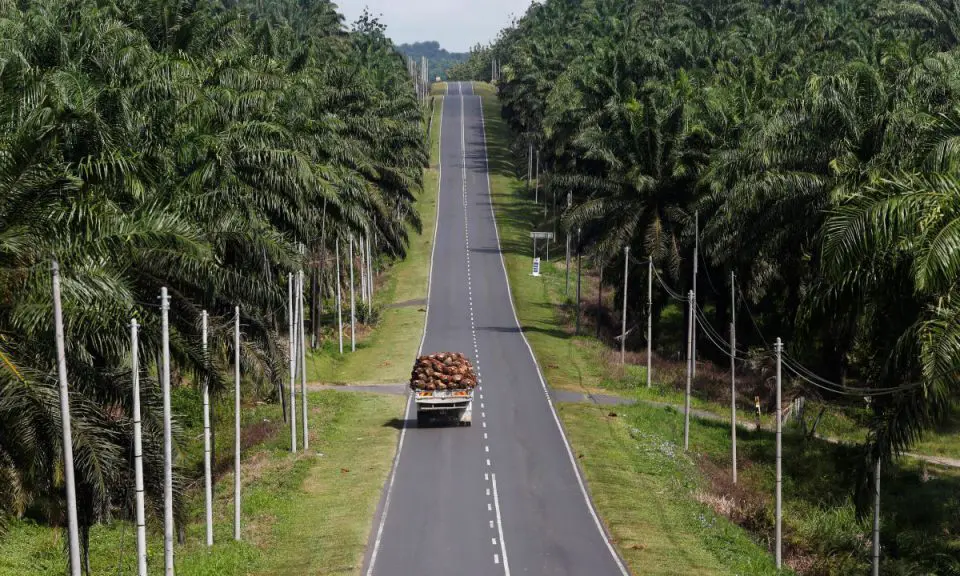KUALA LUMPUR, May 5 — Malaysian plantation companies should improve transparency and accountability in their environmental, social, and governance (ESG) reporting to enhance credibility, said an academician.
Universiti Teknologi Mara (UiTM) Faculty of Accountancy Associate Professor Dr Seri Ayu Masuri Md Daud said that findings from her team’s research on environmental disclosure in the plantation industry, which she spearheaded, revealed that despite environmental concerns, the majority of environmental reporting by plantation firms remains dominated by “soft” information such as vision statements and general environmental initiatives.
“This type of reporting often lacks the depth and specificity required to provide stakeholders with a clear understanding of the company’s environmental impact and management practices,” she told Bernama.
In her view, the most significant challenges and criticisms of current ESG practices include greenwashing and the aspirational gap.
“One major concern is the perceived gap between companies’ aspirations and their actual performance concerning ESG practices. This phenomenon, often termed ‘greenwashing’, not only erodes stakeholder trust but also undermines the credibility of ESG efforts.
“Institutional investors, in particular, are wary of such discrepancies, highlighting the need for greater transparency and accountability,” said Seri Ayu Masuri, who is also a member of the varsity’s Sustainability and Governance Talent Cluster.
In jurisdictions where sustainability reporting is mandatory, like Malaysia, she said that a significant challenge lies in bridging the gap between companies’ aspirations and their actual ESG performance.
“To address this, robust rules must be established to combat both corporate and institutional investor greenwashing, thereby safeguarding stakeholder interests.
“For example, measures should be implemented to prevent institutional investors from misleadingly labelling funds as ESG-compliant when they fail to adhere to ESG principles,” Seri Ayu Masuri said.
She said that a lack of uniform ESG reporting standards further compounds the problem, as companies and investors often measure and report on different metrics in varying ways, leading to inconsistencies and incomparability.
“This lack of standardisation hampers the ability to assess and compare ESG performance across companies and industries accurately,” said Seri Ayu Masuri, adding that her research has been published in an international journal in 2023.
The associate professor noted that companies may engage in symbolic reporting, where disclosures may not reflect meaningful actions or outcomes.
“In Malaysia, despite the mandate for sustainability reporting, companies retain considerable discretion in determining the content of their disclosures.
“Our research on environmental disclosure in the plantation industry underscores this issue, revealing a prevalence of soft information over substantive disclosures,” she highlighted.
Seri Ayu Masuri also emphasised the role of government policies and international regulations in shaping ESG practices.
“Government policies and international regulations play a crucial role in shaping ESG practices globally.
“While sustainability reporting remains voluntary in many regions, there is a growing recognition of the need for mandatory reporting to ensure transparency and accountability across all firms,” she said.
Seri Ayu Masuri said researchers have proposed several key measures to improve the effectiveness and integrity of ESG practices within the industry.
“It is recommended that regulators focus not just on the volume of ESG disclosures but also on enhancing their quality. There is a pressing need for more substantive reporting that can offer real insights into companies’ ESG activities and performance.
“Transparency and accountability are needed where more substantive disclosure is essential to enhance transparency and reduce information asymmetry between stakeholders and management. Truthful reporting, backed by concrete actions and outcomes, is critical for building trust and credibility in ESG practices,” she said.
Seri Ayu concluded that to overcome the shortcomings of current ESG practices and to ensure they genuinely reflect companies’ environmental stewardship, concerted efforts from regulators, companies, and investors are indispensable.
“By promoting standardisation, transparency, and accountability, I believe that a more robust and credible ESG reporting and implementation framework for these companies can be established, thus creating more transparent and genuine ESG reporting,” she added.
— Bernama





